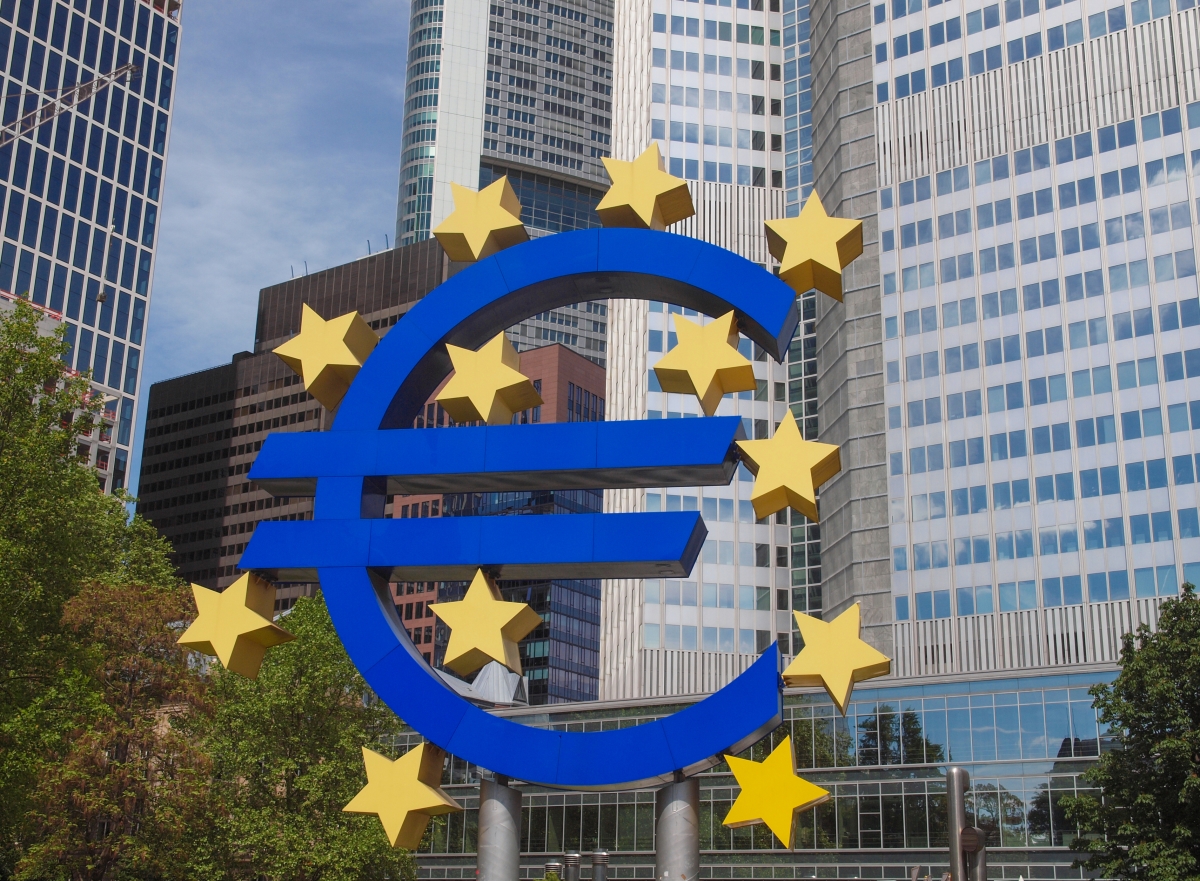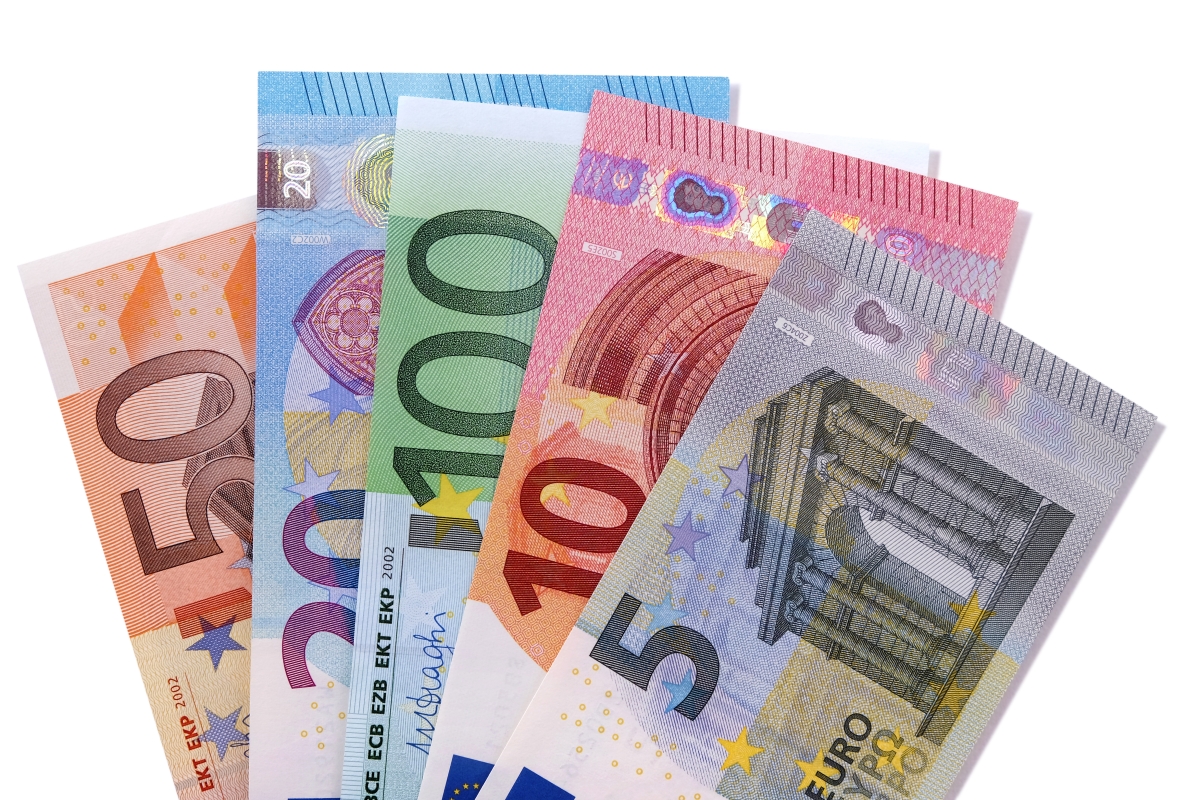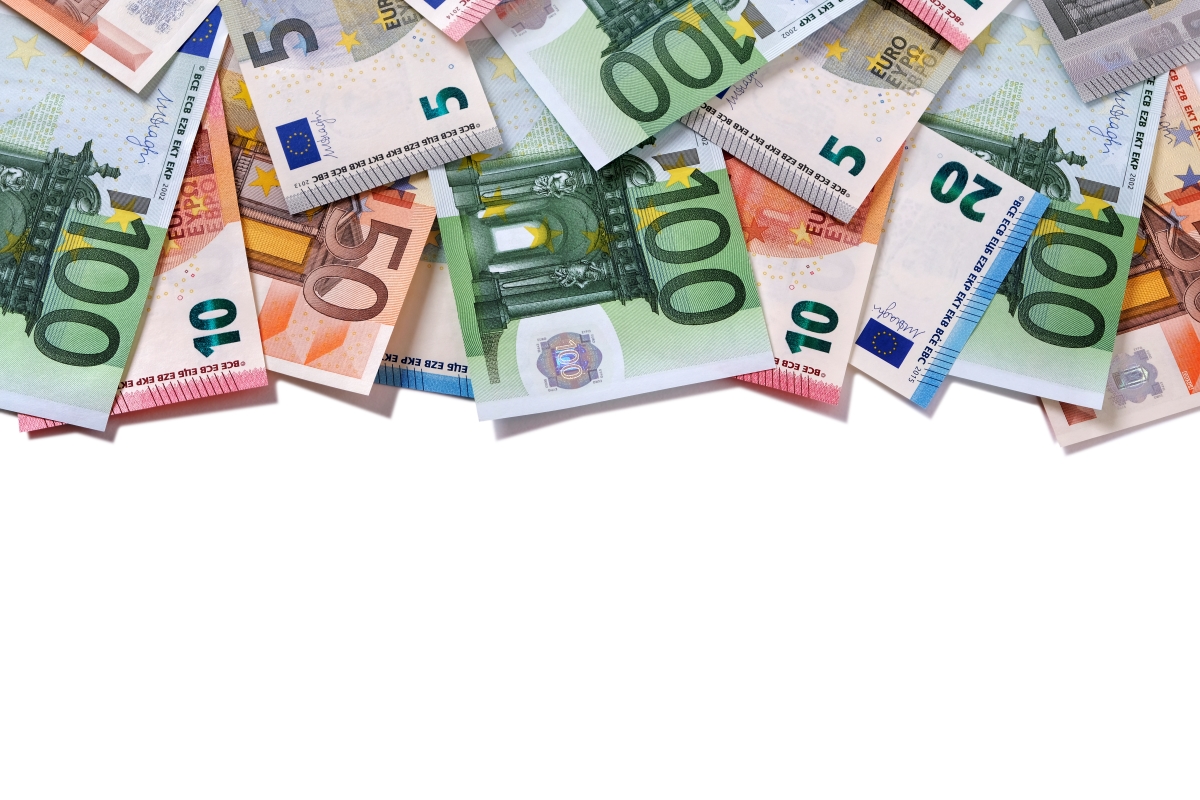EU Guidelines. The ECB chooses themes for the new euro banknotes, such as rivers, birds, and culture.

The goal of the European Central Bank is to move away from the windows and bridges that have adorned the euro since its establishment.Rivers and birds or representations of European culture may soon grace euro banknotes as the European Central Bank (ECB) narrows down possibilities for the first makeover of the currency since its creation.
The current designs on euro banknotes, which depict doorways, windows, and bridges in a variety of architectural styles from classical to modernist, will give way to one of the two themes when the new money was first presented in 2002.ECB President Christine Lagarde stated in a statement that “both of the chosen themes share a common thread of connecting Europe and Europeans, in keeping with our goal of making banknotes more relatable to people of all ages and backgrounds.”

Other suggestions made during a July consultation, like showing pictures of hands or more abstract concepts like the future or “our Europe, ourselves,” have since been shelved due to a lack of interest in polls conducted throughout the summer.It appears that the ECB has not conducted a survey on more conventional banknote designs, including recognizable structures or historical personalities. This could be due to concerns that disagreements among the 20 member nations of the currency area about what or who should be shown could arise.
 The European Central Bank (ECB) states that after comprehensive designs are developed, the two possibilities will be reposed to the European people. However, the new banknotes won’t be in circulation until a few years after the 2026 final decisions are made.Cash use is declining as digital payments gain popularity, partly due to the epidemic. As per the European Central Bank, cash accounted for only 59% of purchases at physical points of sale like as restaurants and stores in 2016, a decrease from 79% in 2016.The European Commission announced plans for a new digital version of the euro in June, along with new legislation to preserve cash’s position as legal tender, in response to concerns expressed by some parliamentarians about that trend.
The European Central Bank (ECB) states that after comprehensive designs are developed, the two possibilities will be reposed to the European people. However, the new banknotes won’t be in circulation until a few years after the 2026 final decisions are made.Cash use is declining as digital payments gain popularity, partly due to the epidemic. As per the European Central Bank, cash accounted for only 59% of purchases at physical points of sale like as restaurants and stores in 2016, a decrease from 79% in 2016.The European Commission announced plans for a new digital version of the euro in June, along with new legislation to preserve cash’s position as legal tender, in response to concerns expressed by some parliamentarians about that trend.

